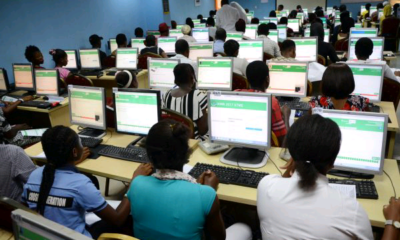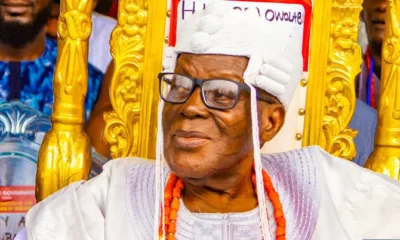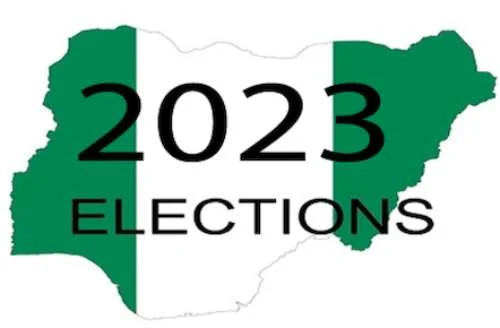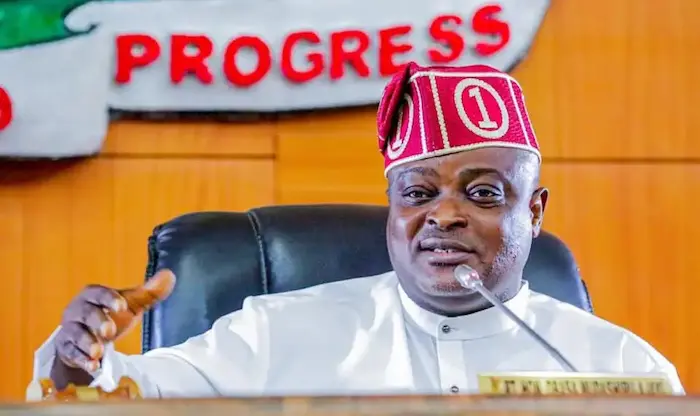- As Lagos Railway Corporation and Ibile Energy Corporation bills scale second reading
Ahead of the local government elections holding Saturday, July 12, across the state, Speaker of the Lagos State House of Assembly, Rt. Hon. Mudashiru Obasa met with candidates of the All Progressives Congress (APC), from the Lagos State West Senatorial District at the assembly complex on Tuesday, charging them to knock on all doors and campaign vigorously until the very last day to ensure victory at the polls.
As a show of support, Speaker Obasa contributed generously to the candidates’ campaign purses and assured them of the Assembly’s unstinting support before and after the elections.
At the meeting, which was attended by all the APC chairmen, vice-chairmen, and councillorship candidates, Speaker Obasa urged the candidates not to rest on the party’s laurels but to maintain momentum and outreach efforts until the very last day of campaigning. “Engage with everyone in the community, regardless of their ethnic background or religion,” he implored, while harping on the necessity for candidates to actively supervise those assigned to manage their campaigns.
The Speaker also admonished the candidates to adopt a mindset centred on service to the people when they assume office, adding, “Your focus should be on serving your constituents with integrity and commitment, and you must have respect for democratic institutions and practices.”
Further, he proudly noted that Lagos remains unique among states in the country, as it grants local government chairmen a four-year tenure per term, allowing for more sustained governance and grassroots development.
The meeting concluded with a palpable sense of urgency and resolve among the APC candidates, as they prepare to take their campaigns to the grassroots, embodying the spirit of service and dedication imparted by Speaker Obasa.
Meanwhile, the Lagos State Railway Corporation bill and the IBILE Energy Corporation Bill have scaled the second reading.
According to the Majority Leader, Hon. Noheem Babatunde Adams, who spoke during plenary later on Tuesday, the proposed ‘bill for a Law to establish the Lagos State Railway Corporation to improve Railway Transportation in Lagos State and for connected purposes’, seeks to provide efficient and reliable transportation services, and establish a Governing Board tasked with overseeing the corporation’s operations.
Hon. Adams, the member representing Eti Osa Constituency 1, said, “With South Africa leading in Africa with a 20,926 km railway network and Nigeria currently at 3,798 km, Lagos, as Africa’s second-largest city economy after Cairo, must take the lead in innovative rail transport solutions.” He added that the bill will set up a standard railway corporation comparable to any across the globe.
Similarly, the House also read for the second time, ‘A bill for a Law to establish the IBILE Energy Corporation’, which Hon. Sobur Oluwa, chairman of the House Committee on Energy and Mineral Resources, described as a transformative one for the state’s energy landscape.
“If passed into Law, the corporation will attract innovation, investment, and reshape the energy sector of the State,” he said.
In his remarks, Speaker Obasa commended the essence of the bills and noted that when eventually passed into law, they will mark a significant advancement in the assembly’s efforts to modernize infrastructure and strengthen the state’s economy. He, thereafter, committed the two bills to the committees on Transportation and Energy and Mineral Resources with a mandate to submit their reports at the earliest possible time.

 BIG STORY5 days ago
BIG STORY5 days ago
 BIG STORY1 day ago
BIG STORY1 day ago
 BIG STORY4 days ago
BIG STORY4 days ago
 BIG STORY2 days ago
BIG STORY2 days ago
 BIG STORY24 hours ago
BIG STORY24 hours ago
 BIG STORY1 day ago
BIG STORY1 day ago
 BIG STORY5 days ago
BIG STORY5 days ago
 BIG STORY2 days ago
BIG STORY2 days ago
























